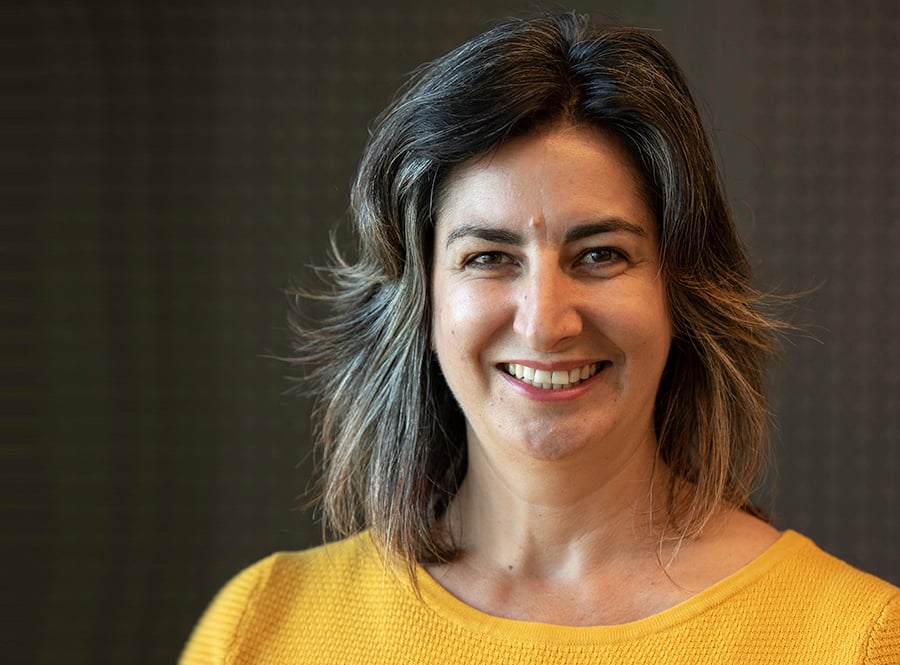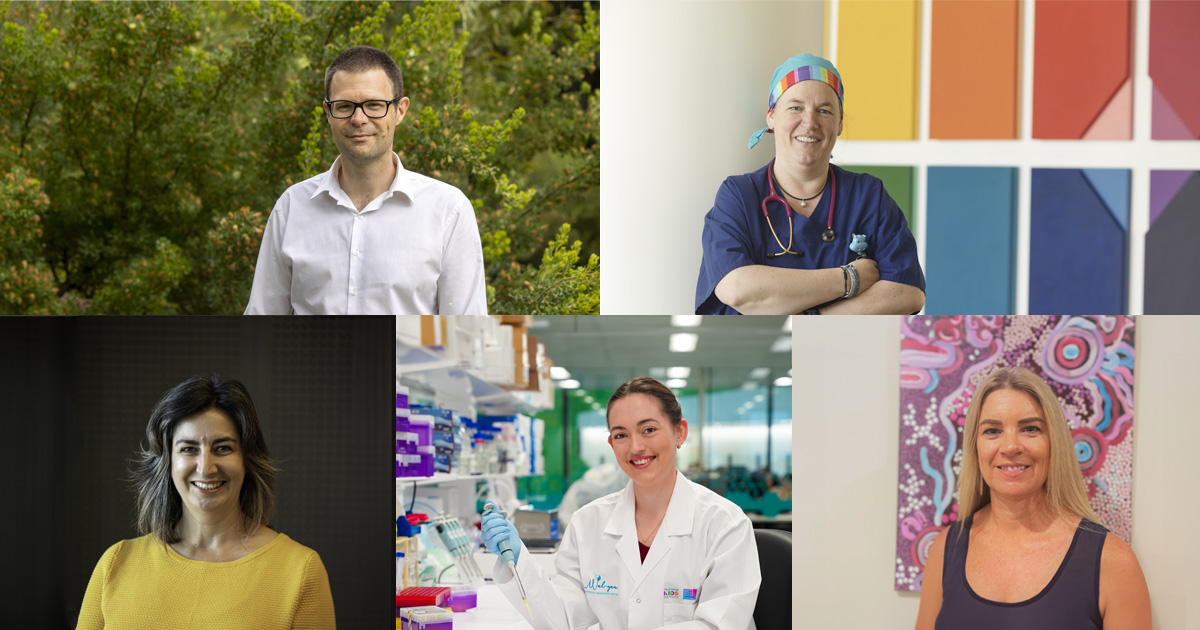Search
Research
The Youth Safe Haven Café ProjectThe Youth Safe Haven Project will co-design a youth-specific Safe Haven Café within the Peel Health Hub to serve as an alternative to the emergency department for young people at risk of suicide.
Research
Transforming FamiliesWe want to better understand the relationship between parents/carers and their children who identify as trans or gender diverse with the aim of improving the well-being of the whole family.
Research
Understanding Disclosure Decisions in Parents of Children with Attention Deficit/Hyperactivity DisorderParents of children with attention-deficit/hyperactivity disorder (ADHD) often make disclosure decisions about their child's ADHD on their behalf. While disclosure can facilitate access to support, it risks stigma. Despite ADHD being one of the most common neurodevelopmental conditions, little is known about parent's experiences in relating information about their child's ADHD diagnosis or medication use, to others.
Research
Early motor function of children with autism spectrum disorder: A systematic reviewEarly motor impairments have been reported in children with neurodevelopmental disorders (NDD), but it is not clear if early detection of motor impairments can identify children at risk for NDD or how early such impairments might be detected. Our aim was to characterize early motor function in children later diagnosed with NDD relative to typically developing children or normative data.
Research
Comparing Web-Based Mindfulness With Loving-Kindness and Compassion Training for Promoting Well-Being in Pregnancy: Protocol for a Three-Arm Pilot Randomized Controlled TrialPromoting psychological well-being and preventing distress among pregnant women is an important public health goal. In addition to adversely impacting the mother's health and well-being, psychological distress in pregnancy increases the risk of poor pregnancy outcomes, compromises infant socioemotional development and bonding, and heightens maternal and child vulnerability in the postpartum period. Mindfulness and compassion-based interventions show potential for prevention and early intervention for perinatal distress.

News & Events
New project to train homeless young people as suicide-alert helpersUp to 50 homeless young people will be provided with training to help them recognise suicidal behaviour and make referrals to potentially life-saving resources, thanks to a grant from Suicide Prevention Australia.
Research
A wellbeing program to promote mental health in paediatric burn patients: Study protocolOne of the most traumatic injuries a child can experience is a severe burn. Despite improvements in medical treatments which have led to better physical outcomes and reduced mortality rates for paediatric burns patients, the psychological impact associated with experiencing such a traumatic injury has mostly been overlooked. This is concerning given the high incidence of psychopathology amongst paediatric burn survivors.

News & Events
The Kids researchers named as finalists in 2023 Premier’s Science AwardsFive The Kids Research Institute Australia researchers working across diverse and highly impactful areas of child health research have been named as finalists for the 2023 Premier’s Science Awards.
Research
Improving the Journey Before, During and After Diagnosis of a Neurodevelopmental Condition: Suggestions from a Sample of Australian Consumers and ProfessionalsThe current study used a transdiagnostic approach to explore experiences of consumers and professionals on how the process of assessing and diagnosing neurodevelopmental conditions can be improved.
